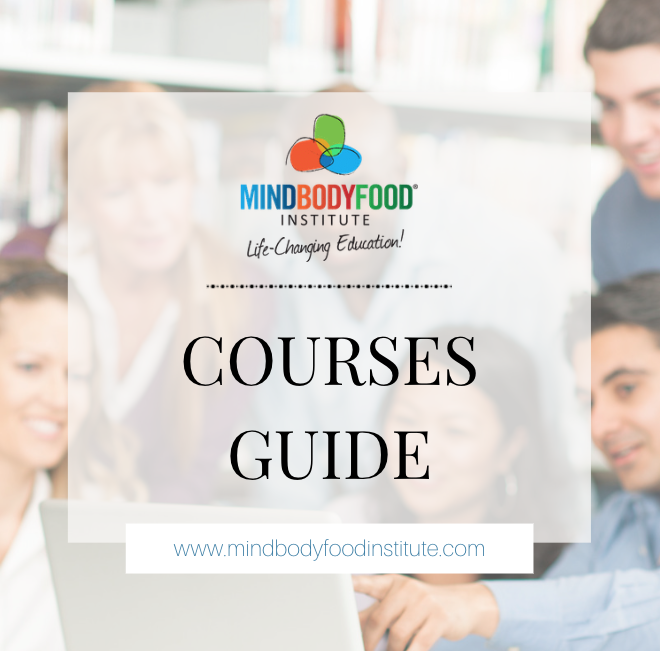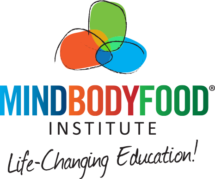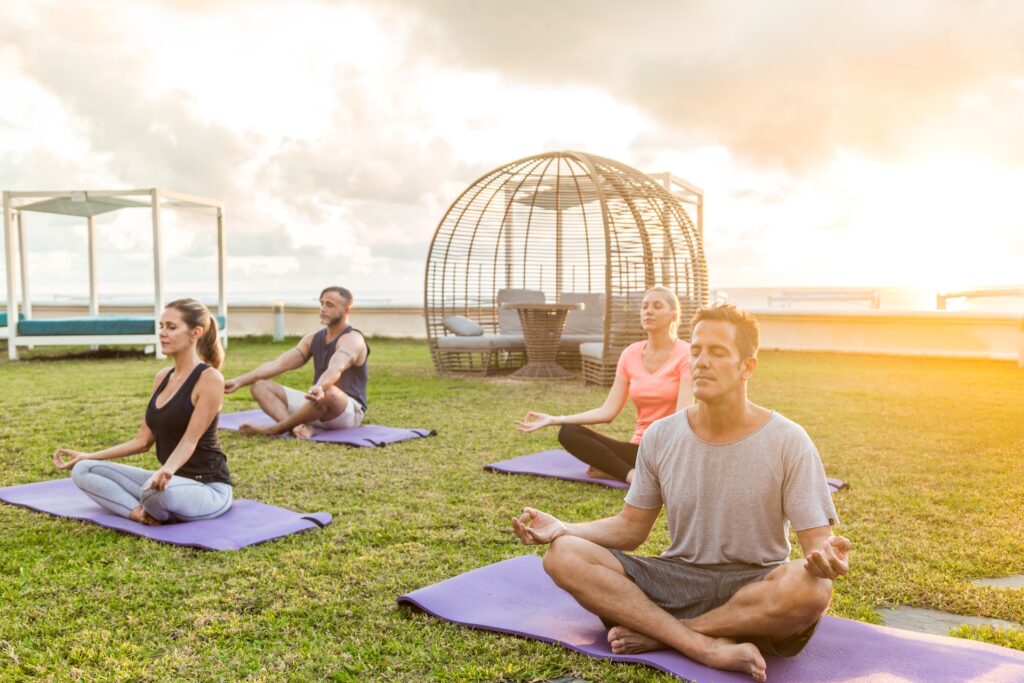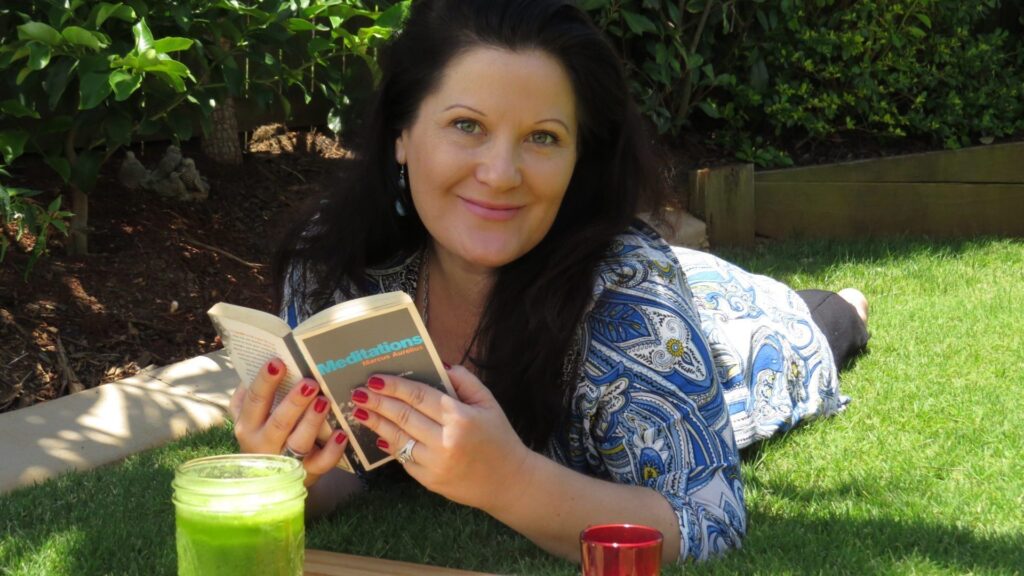In a world where obesity, heart disease, mental health, and stress-related illness and disease are a worldwide concern, traditional and alternative health practitioners continue to discover the increasing benefits of meditation on the human mind, body and spirit.
When our bodies experience prolonged effects of the stress response our mind and body is in a constant flux of excess stress hormones causing damage within the body.
How does meditating help?
The benefits of meditation have been thoroughly researched and documented by world class research institutions such as Harvard University, University of Pennsylvania, Monash University and the Universities of California and Massachusetts, respectively.
The scientific and medical communities first began testing the value of regular meditation practice in the 1960’s.
They were surprised to discover that meditation promotes the relaxation response and acts as an antidote to stress. Meditation restores inner balance known as homeostasis, allowing the mind and body to rest, promote positive thinking, and reducing the physical and emotional responses experienced by chronic stress.
Meditation has been examined in thousands of research studies proving beneficial in the treatment of anxiety, addictions, pain management, and as an adjunct to psychotherapy.
Regular meditation is showing significant improvement for those who suffer from high blood pressure, rheumatoid arthritis, skin disorders, depression, eating disorders, infertility, and chronic pain from diseases such as cancer.
Mindfulness based stress reduction therapy is now the main therapeutic treatment for post-traumatic stress disorder in war veterans. It has recently been the centre of a campaign for school children in helping them deal with early childhood stress.
Guided imagery, visualisation and stress management techniques are recommended as an aside to traditional psychological approaches for eating disorders such as Bulimia Nervosa.
Clinical studies show that the benefits of regular meditation include…
- A significant reduction in the physiological symptoms of stress
- Improved quality sleep
- Increased physical energy
- Increased motivation and sense of purpose
- Assisting in the treatment of illness and disease
- Lowering high blood pressure
- Balancing hormones
- Regulating weight
- Increasing mental capacity
- Assisting in pain management
- Relief from mild depression, tension headaches, irritable bowel and PMS
- Increased focus when studying or preparing for exams
- A greater sense of calm and peacefulness
- Improved concentration
- Greater self-confidence and self esteem
- A sense of physical, mental and emotional wellbeing
Modern meditation includes a variety of styles and techniques suitable for every individual. Incorporating meditation and mindfulness into daily life, especially during busy periods such as the holidays, can significantly enhance your wellbeing and help manage stress. ways to incorporate meditative states and mindfulness into daily activities.
Here’s a list of simple, yet effective ways to weave these practices into your daily routine:
1. Mindful Morning Routine
Deep Breathing: Start your day with deep, slow breaths while still in bed to awaken your senses and calm your mind.
Gratitude Reflection: While brushing your teeth or showering, think of three things you’re grateful for, setting a positive tone for the day.
2. Mindful Commuting
Observational Exercise: If you’re using public transport or walking, observe your surroundings without judgment. Notice colours, sounds, and sensations.
Conscious Breathing: In traffic or while waiting, focus on your breath, inhaling and exhaling slowly to centre yourself.
3. Mindfulness at Work
Focused Tasks: Engage in focused ‘single’ tasking. For instance, when checking emails, just focus on that task alone.
Mindful Breaks: Take short breaks to stretch or walk, paying attention to your body’s movements and the environment around you.
4. Mindful Eating
Savouring Each Bite: Eat slowly, savouring the flavours and textures of your food, and notice how it makes you feel.
Eating without Distractions: Avoid eating in front of the TV or computer. This helps in being fully present with your meal.
5. Mindfulness in Conversations
Active Listening: Focus intently on the speaker, acknowledging their feelings and perspectives without immediate judgment or response.
Pause Before Responding: Take a moment to reflect on your response, promoting thoughtful and meaningful communication.
6. Evening Wind-Down
Reflective Journaling: Spend a few minutes writing about your day, noting moments of joy, challenge, or learning.
Guided Meditation: Before sleep, listen to a guided meditation or soothing music to relax your mind and body.
7. Mindfulness in Holiday Activities
Decorating with Awareness: Engage fully in holiday decorating, noticing the colours, textures, and the joy it brings.
Gift-Giving with Intention: While choosing gifts, think about the recipient’s joy and the love behind the gesture. Better yet, making your own gifts can be a mindfulness practice all on its’ own and brings greater meaning to the gift-giving experience.
8. Cultivating Patience
Mindful Waiting: In lines or in traffic, use this time to notice your breath and practice patience.
Emotional Awareness: Recognize signs of stress or impatience and use deep breathing to calm yourself.
9. Connecting with Nature
Mindful Walks: Take walks, observing nature’s details, the sensation of the ground under your feet, and the air on your skin.
Sunrise or Sunset Observations: Spend a few moments observing the sky at these times, reflecting on the beauty and the cycle of life. If you’re lucky to have birds nearby like I do, listening to their birdsong can also connect you with nature.
10. Mindful Exercise
Yoga or Stretching: Practice yoga or simple stretches with full attention to your body’s sensations and movements.
Breath Awareness in Exercise: Whether jogging or working out, sync your breath with your movements for a more centred experience.
Bonus Tip: Micro-Meditations
These are brief moments of mindfulness (1-2 minutes) that can be practiced anywhere, anytime. For instance, take a few deep breaths before answering a call or entering a meeting.
The key to incorporating mindfulness and meditation into your daily life is consistency and intention. Start small and gradually build these practices into your routine – especially during stressful times – to maintain your centre and cultivate inner peace.
Featured image from Shutterstock.
Author:
Viki Thondley
Viki Thondley-Moore is an Integrative Holistic Counsellor, Brain-Based Coach, Clinical Hypnotherapist, Mind-Body Somatic Practitioner, Wellness Coach, Meditation Teacher, Educator and Disordered Eating Specialist. Viki is founder of MindBodyFood and Founder/Director of the MindBodyFood Institute.
DOWNLOAD OUR COURSES GUIDE
Learn More About Our Course Offerings and Discover Which New Wellbeing Career Best Suits Your Passion!








